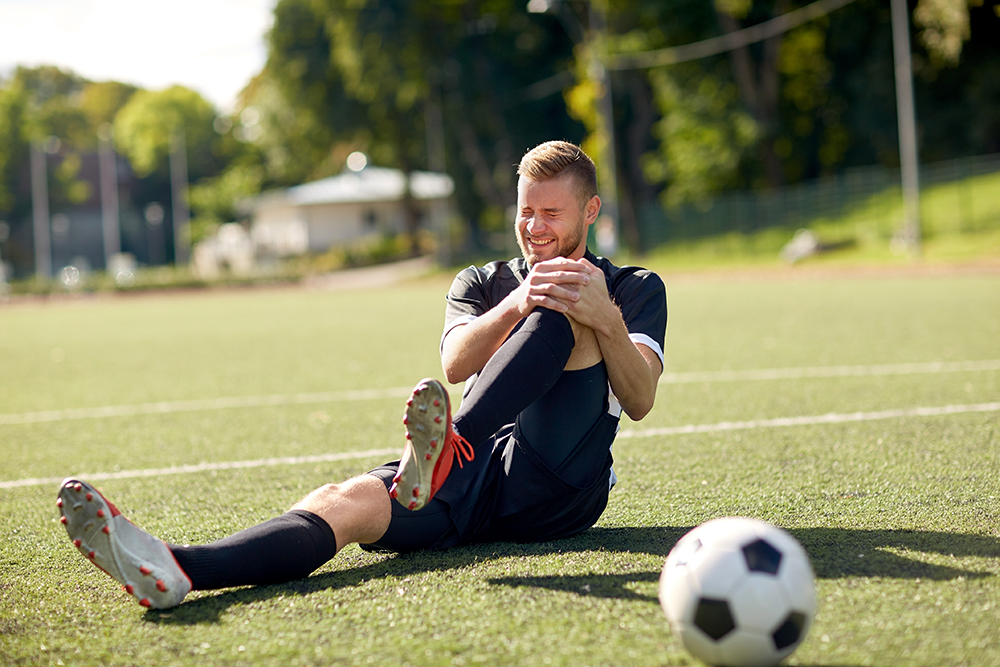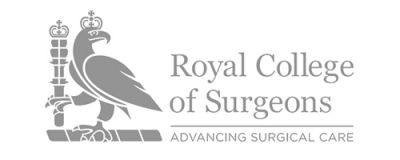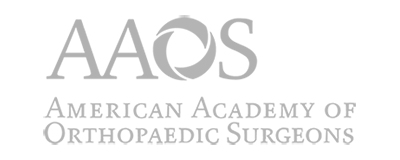SURGICAL TREATMENTS OF THE KNEE
The knee is a complicated joint between the femur (thighbone) and the tibia (shinbone). The anterior cruciate ligament (ACL) runs from the back of the femur to the front of the tibia. It is one of the main restraining ligaments in the knee and acts to prevent excessive forward movement of the tibia. Its main function is to give the knee stability during rotational movements like twisting, turning and sidestepping.
The ACL is most likely to be injured in a non-contact twisting movement. A tearing or popping sensation is frequently reported at the time of injury and immediate swelling is common due to bleeding from the ruptured ligament. Injuries to the joint surfaces (articular cartilage) or menisci (footballer’s cartilage) can also occur at the same time.
The ACL also provides important information about balance to the joint and surrounding muscles. When it has been torn, it is unable to heal and the balance information it carries is also lost. Sometimes, these balance mechanisms can be improved with specific exercises and stop the knee giving way. However, when the exercises are not enough, then reconstruction of the ACL may become necessary. It must be said that reconstructed ligaments can never totally replace the function of the original ligament.
CONSENT FORMS
GENERAL FORMS
ACL Rehabilitation Protocol
Initial Clinic Evaluation
Hip and Knee Questionnaire
KOOS Knee Survey
Oxford Knee Score
Discussion with Nadim is important to answer any questions that you may have. For information about any additional conditions not featured within the site, please contact us for more information.










